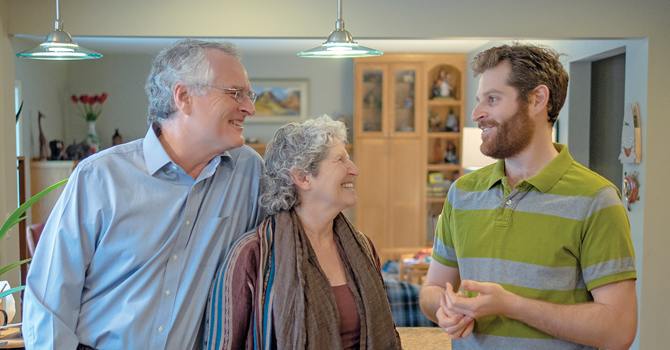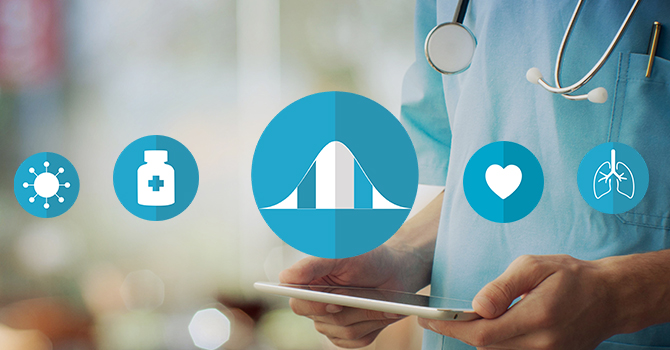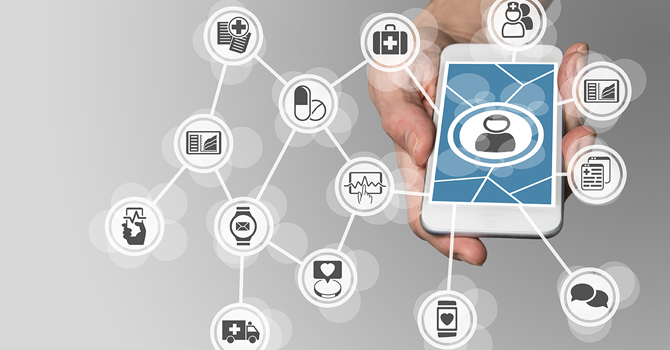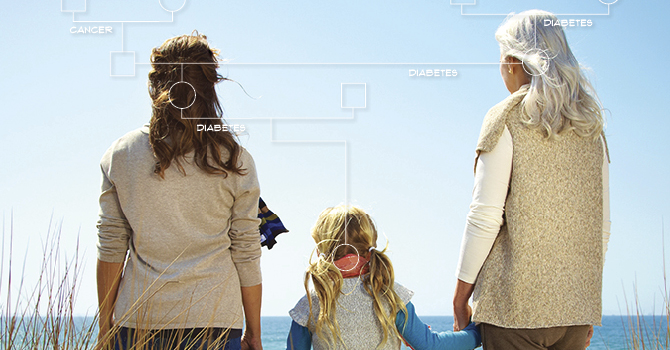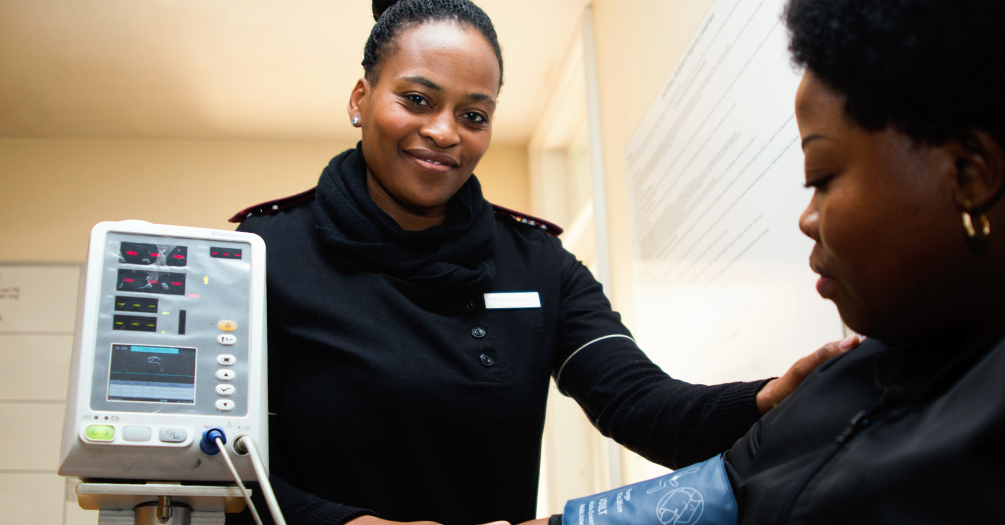
Should I take the COVID vaccine as a minority?
Anita Pandit, MS ’16
How are managing mental health and receiving a COVID vaccine similar? They both require minorities to have some level of trust in health sciences and the people administering their health care. Alum Anita Pandit walks us through the good and the bad reasons not getting a vaccine—and why she will be getting one.

